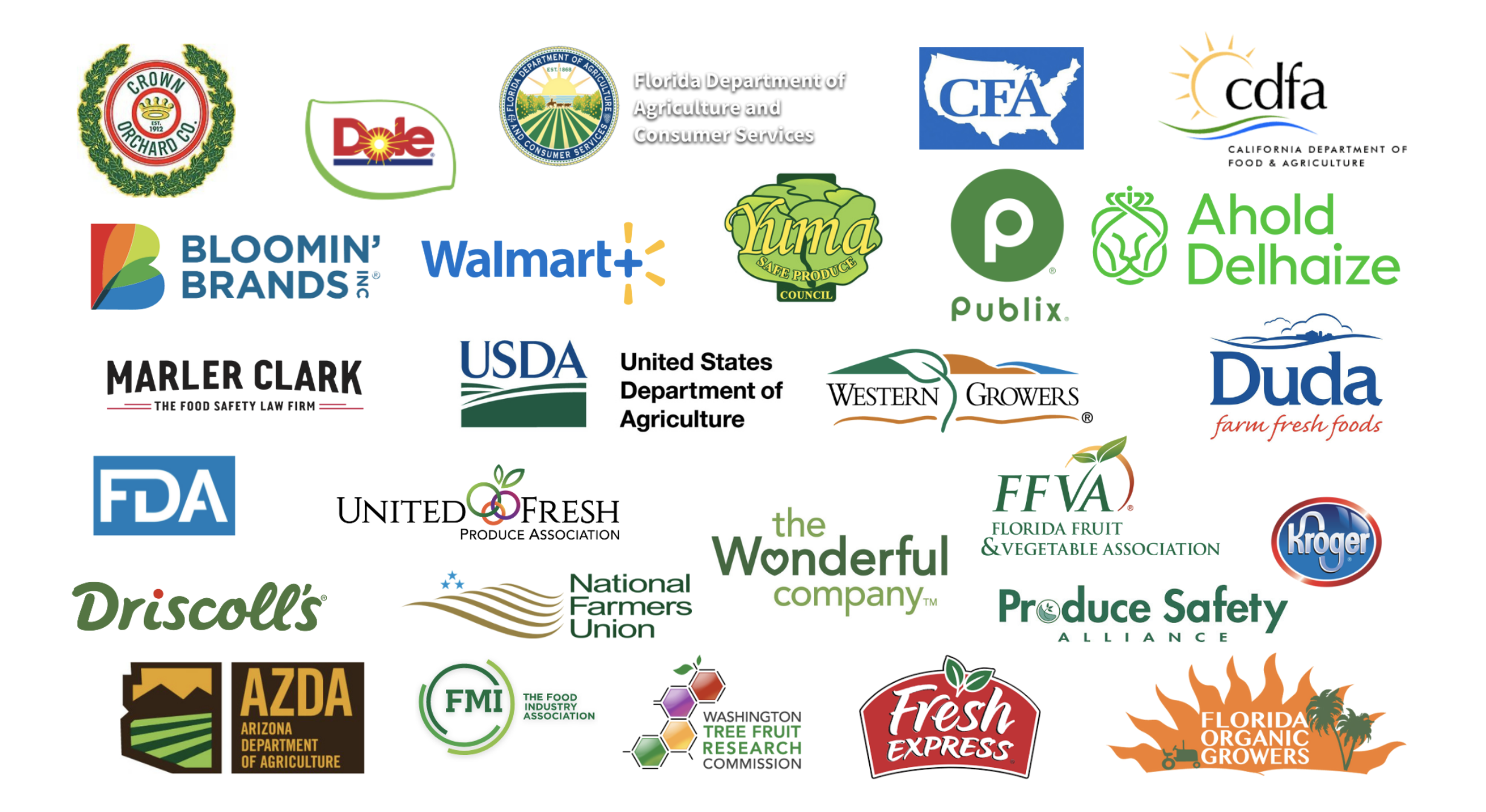Commercial Food Safety Workshops
Shared-use commercial kitchens are widespread in Florida, and new food entrepreneurs may have limited knowledge of food safety practices such as sanitation and allergen controls. The Food Safety Modernization Act (FSMA) created the Preventive Control for Human Foods (PCHF) Rule, which applies to food processing facilities, and new food businesses operating in shared-use facilities must follow Current Good Manufacturing Practices (cGMPs) and learn the basic concepts of the PCHF rule. A proposed project aims to develop a curriculum updated with FSMA requirements, build human and organizational capacity for understanding and applying food safety practices, and implement a monitoring, evaluation, and learning plan to assess effectiveness. Workshops will be held in shared-use facilities, and participants will learn proper techniques for implementing food safety practices and leave with an understanding of the PCHF rule.
Environmental Monitoring Workshops
Food safety environmental monitoring involves regularly testing the food processing environment, equipment, and surfaces for harmful microorganisms or other hazards. This process helps identify potential sources of contamination and ensures that the food processing facility is following proper sanitation procedures. The collected data is then analyzed to make necessary adjustments to the facility's cleaning and sanitation procedures to prevent contamination and maintain food safety.
Biological Soil Amendment Workshops
Biological soil amendments are natural fertilizers made from animal manure or human waste that are applied to soil to improve crop growth. However, they can also contain harmful pathogens that may contaminate produce and cause foodborne illnesses. Therefore, the FDA has established regulations under the Food Safety Modernization Act (FSMA) to minimize the risk of microbial contamination from biological soil amendments by setting standards for their use and application.
For more information contact:
University of Florida
Citrus Research and Extension Center






 For more information contact:
For more information contact:
